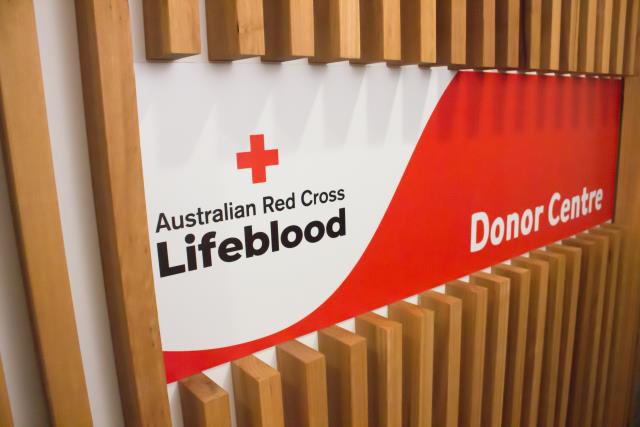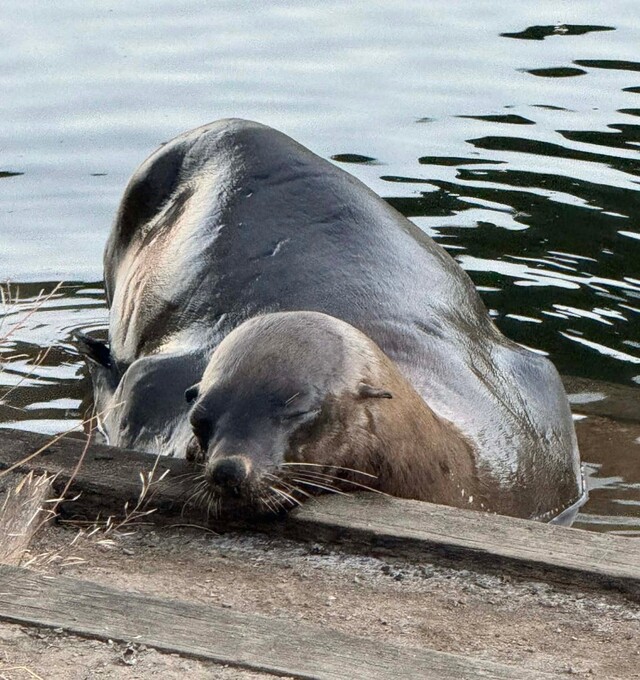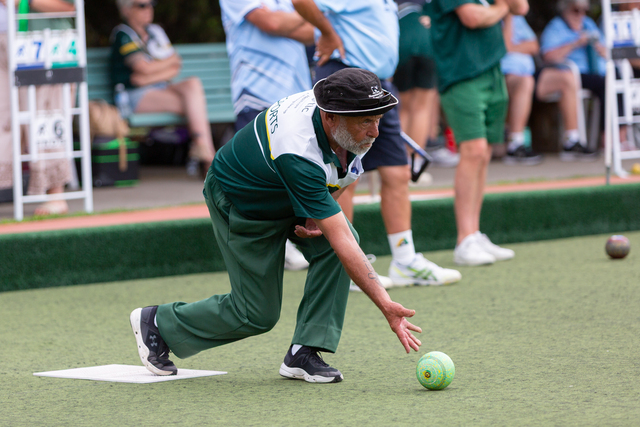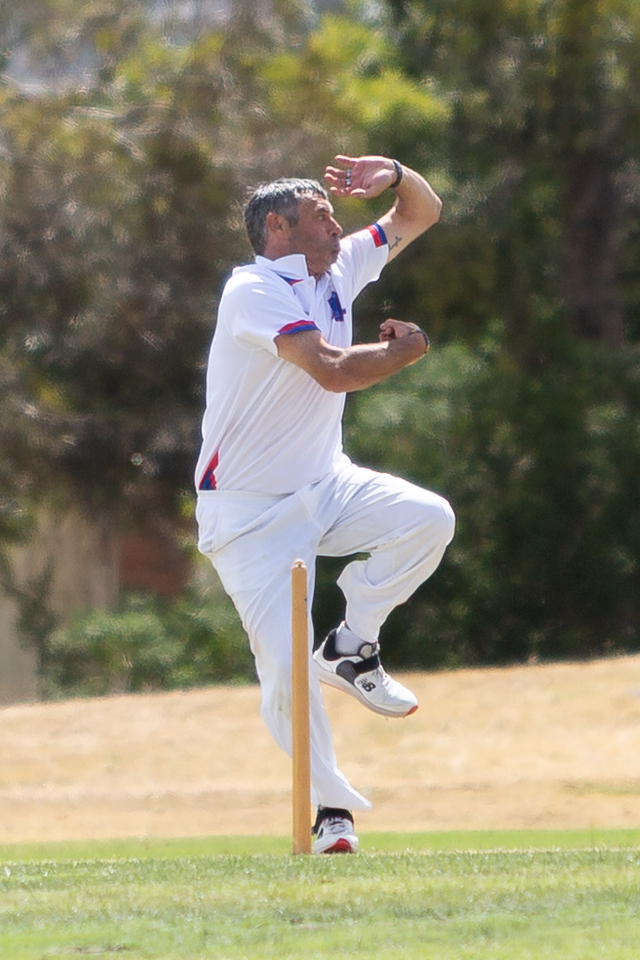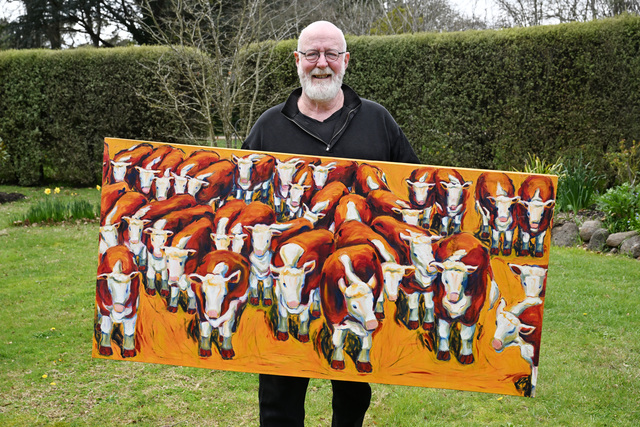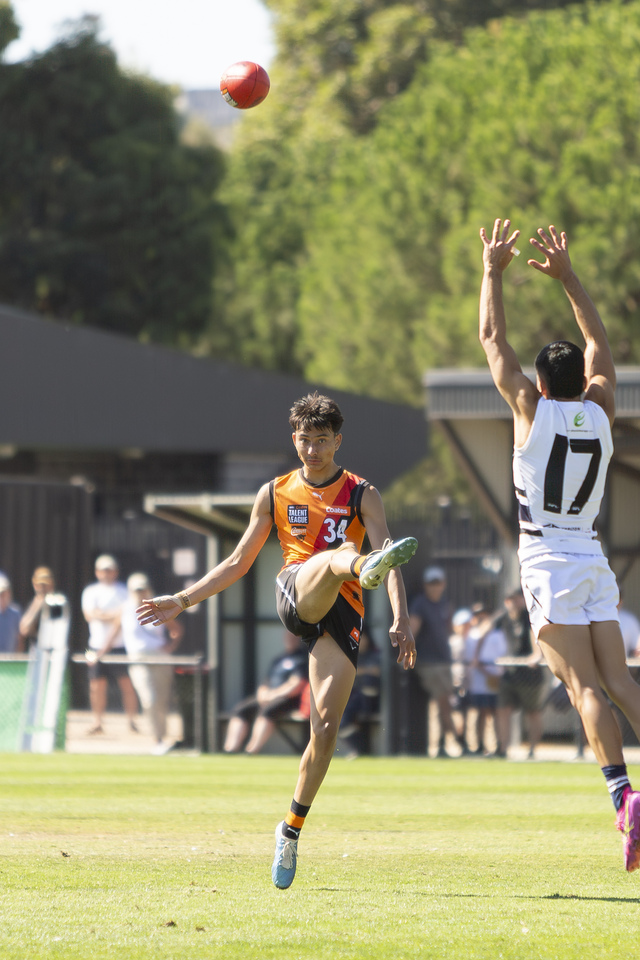Over 40 per cent of Australians are ruling themselves out of blood and plasma donation when they may be eligible.
An Australian Red Cross Lifeblood survey has revealed a variety of reasons why people don’t donate, including tattoos and piercings, travel history, smoking, medications and relying on others to do it.
Only 3.7 per cent of Australians maintaining the blood and plasma supply for a population of 26 million, Lifeblood urges people to learn more about their eligibility and to donate if they can.
Lifeblood Executive Director of Donor Experience, Cath Stone said we have a small pool of people supporting the whole country’s needs even though one in three people will need blood or blood products in their lifetime.
“More than 13 million additional Australians may be eligible to donate. Eligibility rules are regularly reviewed to reflect medical developments. Barriers that may have prevented people from donating in the past may not be an issue today,” she added.
Demand for blood and blood products in Australia is at its greatest level in nearly a decade as our population rises and hospitals catch up on surgeries post-pandemic.
Cath said: “For instance, a growing number of patients rely on plasma donations for the treatment of cancer, immune disorders, haemophilia, and kidney disease. Plasma is now the type of donation most needed by patients and hospitals.”
While there are criteria in place to keep blood donors and the patients who receive blood safe, people between 18 and 75 and who are healthy may be eligible to donate blood or plasma.
“We need a new donor every four minutes, and each donation can save up to three lives,” Cath said.
“Every single donor has an impact, which is what makes blood and plasma donation such an incredible act.
“We know taking the first step with anything new can be challenging, but our friendly staff are there to support you.”
Lifeblood has a team of doctors on hand who can help with eligibility questions. You can also take an eligibility quiz on the Lifeblood website.
Can I donate blood or plasma if…
I have a tattoo or piercing
You can donate plasma straight away if you received the tattoo in a licensed tattoo parlour in Australia. You’ll need to wait four months to give blood.
I lived in the UK for six months between 1980-96
Yes, you can. A rule, preventing blood and plasma donation, was removed in July 2022.
I have worked, travelled or lived overseas
It depends where you have travelled Take the travel quiz.
I have had the flu
You can donate two weeks after you’ve made a full recovery
I have had the flu vaccination Yes.
The flu vaccine (both seasonal flu and H1N1 or ‘swine’ flu) is made from ‘dead’ (inactivated/recombinant) material, so it doesn’t affect your ability to donate
I have had COVID
You can donate blood when you have completed all public health required follow up and 7 days after you’ve made a full recovery
I have had a COVID vaccine
Donors need to wait 3 days after receiving each COVID-19 vaccine. This wait time applies to all COVID-19 vaccinations, regardless of which vaccine you receive.
I have had a baby
You can donate 9 months after giving birth. If breast feeding, wait until baby is significantly weaned.
I am over 75 I
f you become a donor before you turn 76 you can keep donating to any age you want as long as you meet other eligibility criteria.

